Graham Reid | | 1 min read
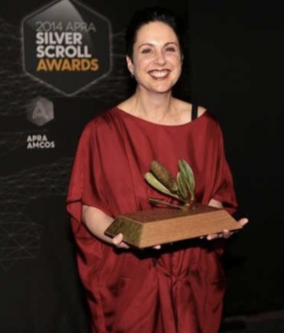
In 2014, composer Victoria Kelly won the APRA Silver Scroll for Best Original Music for a Feature Film, for Field Punishment No.1.
It was nice for her to be on that podium at last; she had 10 previous nominations at various film and television awards, and was busy backstage or looking on as the Scrolls’ music director from 2003 to 2007, the last two years with Joost Langeveld.
As far back as the 1994 short film La Vie en Rose by Anna Reeves – with her music for string quartet, saxophone, and guitar – Kelly has been composing soundtracks.
That first outing was an unusual piece and the film was just five minutes long, but when Kelly saw the recorded music matched with images she had an epiphany. “My whole world changed in that moment in time,” she told Lisa Meridan-Skipp for Music in New Zealand in its Summer 2000-2001 issue. “I loved that experience, the feeling you’ve stumbled across something wonderful and you don’t know what you did to deserve it, or what you did to earn it.
“You feel like your entire success is an absolute fluke, but by the same token you’re caught up in this wonderful thing.”
And the soundtrack magic just kept happening. Victoria Kelly has become one of this country’s most prolific, musically adaptable, and successful composers of soundtracks and incidental music for film and television.
But her career had an unpromising start; the school she went to had no music department.
Victoria Kelly began writing her own music as a teenager at Iona College in Hawke’s Bay despite the lack of opportunities the school offered. Kelly was learning oboe. “My parents said, ‘if you must learn an instrument then learn something not many people play’ and it was French horn or oboe.”
Encouraged by the new deputy head Glenys Kempshall, who did everything to facilitate and help her career – they are still in touch – Kelly played in the Hastings Youth Orchestra and in 1990 aged 17 she went to the University of Auckland to start a performance degree in oboe and play in the esteemed Karlheinz Company. But she became disenchanted with oboe and the few career opportunities it offered.
In 1993 Kelly gained first equal in the university’s composition prize, completing her BMus. Then, after graduating in composition and enrolling for her masters, the opportunity of writing for La Vie en Rose came her way in 1994.
There was now no turning back: she was so thrilled by the process and . . . .
.
To read the rest of this article at AudioCulture go here. See also this AudioCulture profile here.
For a Victoria Kelly interview at Elsewhere go here.
.
Audioculture is the self-described Noisy Library of New Zealand Music and is an ever-expanding archive of stories, scenes, artists, clips and music. Elsewhere is proud to have some small association with it. Check it out here.

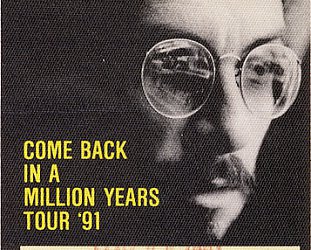
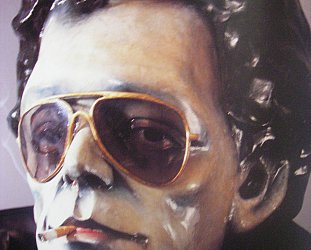
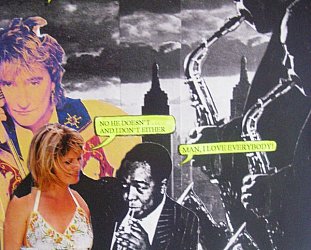
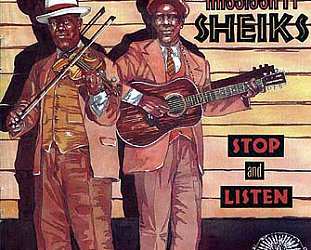
post a comment